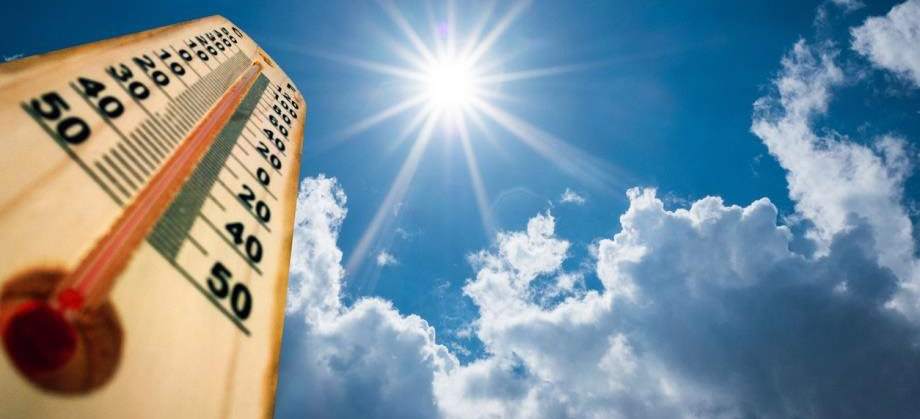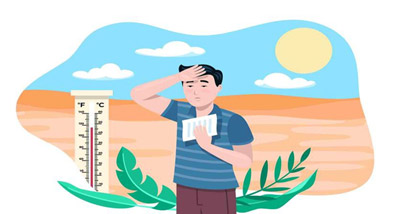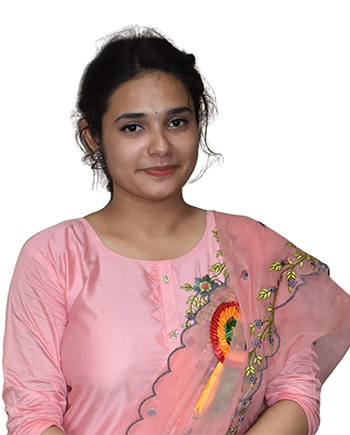BEAT THE HEAT

Summer is a season that brings joy and excitement to many people. It is a time for outdoor activities, beach trips, and fun in the sun. However, along with the joys of summer, we also face the risks of heat waves. Heat waves can be dangerous and even life-threatening if proper precautions are not taken. In this article, we will explore what heat waves are and discuss some effective ways to prevent their harmful effects.
A heat wave is a prolonged period of excessively hot weather, often accompanied by high humidity. These extreme weather conditions can put a strain on our bodies and lead to various heat-related illnesses, such as heat exhaustion and heatstroke. The elderly, young children, and individuals with pre-existing medical conditions are especially vulnerable to the adverse effects of heat waves.
Preventing heat-related illnesses starts with staying hydrated. It is crucial to drink plenty of water throughout the day, even if you do not feel thirsty. Avoid sugary or alcoholic beverages as they can contribute to dehydration. Additionally, wearing loose-fitting and lightweight clothing can help your body regulate its temperature more effectively.
Another essential preventative measure is to stay indoors during the hottest part of the day. If you must be outside, try to find shade or use an umbrella to protect yourself from direct sunlight. It is also important to apply sunscreen with a high SPF to shield your skin from harmful UV rays. Wearing a wide-brimmed hat and sunglasses can provide further protection.
Creating a cool and comfortable environment at home can significantly reduce the risk of heat-related illnesses. Using fans or air conditioning can help circulate the air and maintain a comfortable temperature indoors. If you do not have access to air conditioning, you can try placing a bowl of ice or a damp towel in front of a fan for a makeshift cooling effect.
Furthermore, it is crucial to check on vulnerable individuals, such as the elderly or those living alone, during a heat wave. They may not be aware of the dangers or may not have the means to stay cool. Offering assistance and ensuring they have access to a cool environment can make a significant difference in their well-being.
In addition to individual actions, communities and local authorities play a vital role in preventing heat-related illnesses during a heat wave. Implementing heat emergency plans, providing cooling centers, and disseminating information about heat wave safety are crucial steps for keeping the public safe. It is important to look out for one another and take collective action to minimize the risks associated with extreme heat.
Lastly, it is essential to recognize the signs of heat-related illnesses and take prompt action if someone is experiencing them. Symptoms of heat exhaustion include heavy sweating, weakness, dizziness, and nausea. If left untreated, heat exhaustion can progress to heatstroke, a life-threatening condition. If someone is showing signs of heatstroke, such as a high body temperature, confusion, or loss of consciousness, seek immediate medical attention and take steps to cool them down while waiting for help to arrive.
Recover and Build
If you think someone is suffering from the heat:
- Move the person to a cool place under the shade
- Give water or a rehydrating drink (if the person is still conscious)
- Fan the person
- Consult a doctor if symptoms get worse or are long lasting or the person is unconscious
- Do not give alcohol, caffeine or aerated drink
- Cool the person by putting a cool wet cloth on his/her face/body
- Loosen clothes for better ventilation
Emergency Kit
- Water bottle
- Umbrella/ Hat or Cap / Head Cover
- Hand Towel
- Hand Fan
- Electrolyte / Glucose / Oral Rehydration
In conclusion, heat waves can pose significant risks to our health, but with proper prevention measures, we can protect ourselves and others. Staying hydrated, seeking shade, and creating a cool environment are all important steps in preventing heat-related illnesses. Additionally, community efforts, such as heat emergency plans and access to cooling centers, are crucial for ensuring the safety of the public during heat waves. By taking these precautions and looking out for one another, we can enjoy the summer season while staying safe and healthy.

Tips for Infants, Children & Pregnant women given by UNICEF:
Do |
Don't |
Infants and children |
|
|
DO check regularly if your child is thirsty, sweating, feeling hot, vomiting, has a dry and sticky mouth, or experiencing headaches. If your child is not responding properly, has a high fever, is dizzy or is breathing fast, take them to the health facility immediately. DO make sure that your child is clothed loosely – this can help prevent heat rashes and becoming too hot. DO check that your child is well hydrated. They may not know what dehydration and heat stress feel like. Breastfeed infants under 6 months exclusively. Breastfeeding mothers should drink plenty of water as dehydration can affect breast milk production. Children aged 6 months and over should drink water regularly throughout the day. |
DO NOT give infants medication if they are showing signs of being overheated without consulting a health provider. DO NOT leave infants and children in closed spaces without ventilation, such as cars or rooms with closed windows. DO NOT let your children play outside for long hours when it is hot and without keeping an eye on them. Have them rest every 30 minutes when exercising or playing outside. Exercising or playing in high temperatures can lead to dehydration and serious consequences quickly. |
Pregnant women |
|
|
DO schedule medical visits and any tasks for when it is less hot in the day to prevent exposure to yourself and your unborn baby. DO sleep in cooler areas, such as on the lower floors of the building, when possible. |
DO NOT do too much activity when it is hot outside. Try to avoid going out if it is over 40 °C/104 °F. It is important to rest when possible and share workloads with others. Pregnant women can exercise with low or moderate intensity as long as they feel comfortable and are hydrating and resting properly. |
Reference
UNICEF Parenting, "Heat Wave Safety Tips" retrieved from
https://www.unicef.org/parenting/emergencies/heat-wave-safety-tips

Ms. Akshita Awasthi
M.Sc (N), Community Health Nursing,
Nursing Tutor,
Krishna Nursing and Paramedical Institute

Krishna Educational Foundation is a charitable trust established in the year 2009 with objectives to provide trained workforce through state-of-art education centres, and stimulates social and development change in the country through health programs. Krishna Nursing and Para medical Institute operates under the aegis of the trust.
The institute was founded by Dr. Chandravati, a renowned Gynaecologist and former Head of Department , Queen's Mary College (K.G.M.C). The institute is a sister concern of Krishna Medical Centre, a prominent and landmark Hospital in Lucknow since last 35 years.
The institute is established under the directive of the Department of Medical Education, Uttar Pradesh, the inception of the Krishna Nursing and Paramedical Institute marked a significant milestone in healthcare education. Its recognition by the Uttar Pradesh Nurses and Midwives Council, Lucknow and the Indian Nursing Council (INC), New Delhi underscores its commitment to meeting the highest standards in nursing education, recognized nationally .The college is also affiliated with Atal Bihari Vajpayee Medical University (ABVMU) in Lucknow solid, ensuring students access to academic excellence.
